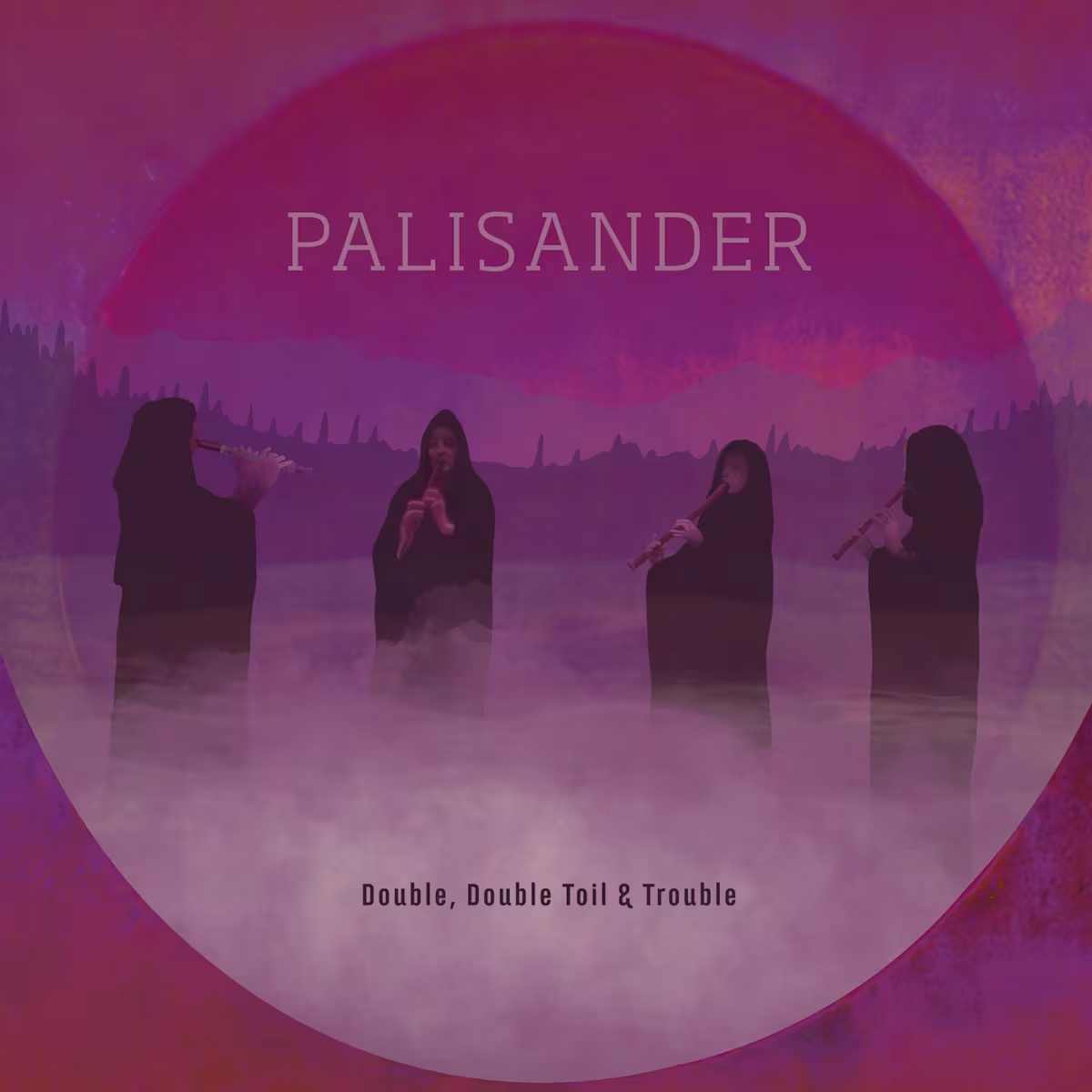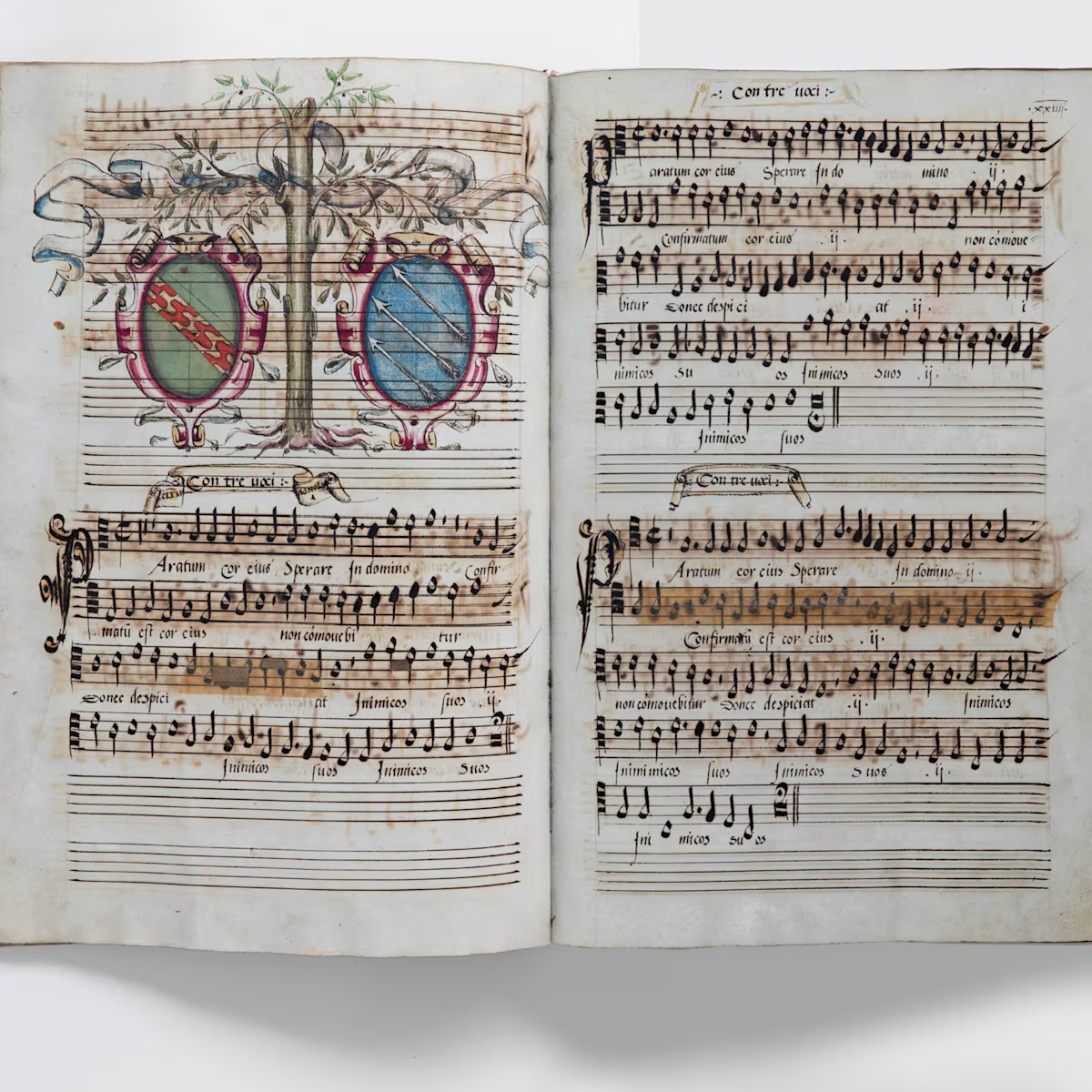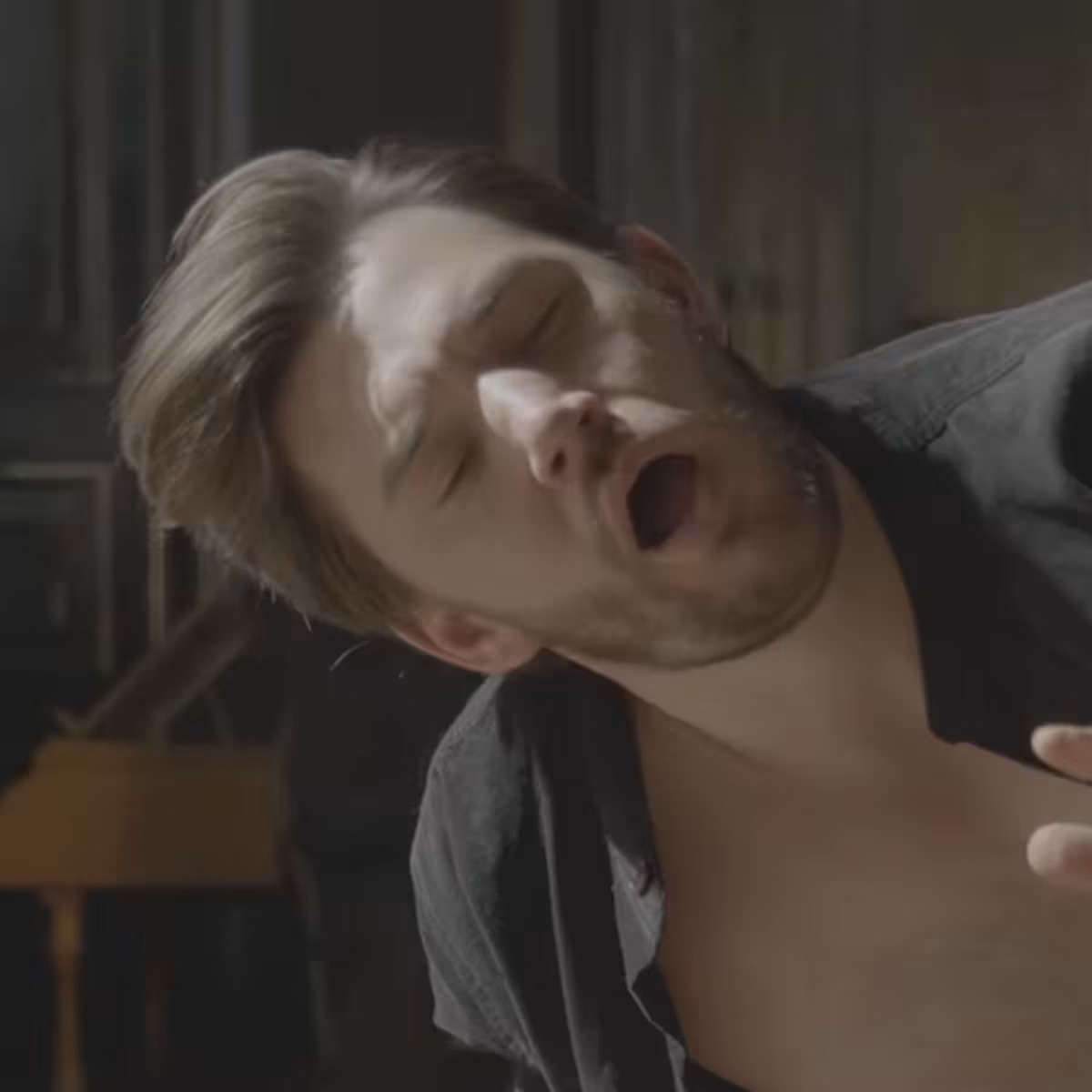Spotlight
In conversation: Inga Maria Klaucke
Continuo Connect meets bassoonist and recorder player Inga Maria Klaucke
Share this

FIRST PUBLISHED 04 MAY 2024
Inga enjoys a richly varied musical life performing on historical bassoons (dulcian, baroque, classical and romantic), and regularly plays and records with period-instrument ensembles across the UK and Europe such as Solomon's Knot, Lautten Compagney Berlin, Arcangelo, Ensemble Masques, Anima Eterna Brugge, Pygmalion, La Nuova Musica, Spiritato, Dunedin Consort, Istante Collective, Academy of Ancient Music, Capella Cracoviensis, ĀRT HOUSE 17, B’rock, Alia Mens, and many others.
“Gold star of the evening, though, goes to Inga Maria Klaucke, whose bassoon obbligati (without score) for ‘Kraft und Stärke’ and ‘Seid wachsam’ provided some technically accomplished vignettes of bubbling joy.” (Barry Creasy, musicOMH)
What is your idea of perfect happiness?
A peaceful, ‘well tempered’ mountain hike, a seaside walk, or sitting on a stage listening to lovely colleagues play one of those sublime, time-stopping slow movements of a Haydn symphony…..
What is your superpower ability?
In musical terms, I'd say it’s playing dynamic, supportive, and expressive bass lines, the shared sense of where phrases go, how the harmony flows, where (and how!) to put in energy and invite momentum, and where to ease off or give space…. Also in terms of blending sounds - sometimes as smoothly as possible, sometimes more as a prism of individual timbres and articulations - a living, breathing foundation to best support whatever is layered on top.
What non-musical hobbies or interests do you have?
Yoga, walking, cycling, being in nature or with friends, good food, nice coffee….
Could you describe in a few words what’s so special about HIP/early music concerts?
As a performer, I would highlight the sense of personal engagement and dedication, as we mostly play music we are passionate about in a way we quite consciously identify with. Also, the terrifically broad scope of individual interests, niche repertoire, specialist ensembles….
Who is your favourite composer, and why?
I do struggle to name a single favourite. Bach, of course, if it had to be just one…. But then, Rameau, Monteverdi, Telemann, Haydn, Schubert, Purcell, Schütz, Couperin, Brahms….
Can you describe the feeling of truly understanding a complex piece of music?
This is an interesting question, as when it comes to music, I’m not primarily approaching it with an analytical mind, but rather a sense of ‘inquisitive intuition’ (naturally also based on my experience and background), be it playing or listening. What exactly it is that resonates with us ultimately remains a mystery, whilst at the same time of course it’s wonderfully rewarding to catch slivers of insight and recognition about certain aspects of it - which can add something different and new every time. The discovery never ends.
Describe a particularly challenging or rewarding moment in your musical journey.
Playing obbligato from memory at a Late Night Prom in the Albert Hall with my dear friends from Solomon’s Knot was an immensely nerve-racking and equally exhilarating experience. I firmly believe in the communicative power of performing this way, and the audience response we get is an important reminder that when sharing music with listeners, our performance becomes something larger than just our own perception and what we consider important or might worry about in that moment. Another mystery!
How do you go about choosing your instrument for a specific project?
In seeking to capture and convey the spirit of a piece of music from a given place and time in the past, we ideally aim to play an instrument that lines up as much as possible with what we know about the historical context, adding an extra layer of connection. Apart from that, of course, there are always practical considerations as well, such as pitch, availability, and even simply playability, so in the end a decision will always be the result of all of these together.
Do you have a historical bassoon that stands out to you as your favourite, and what makes it special to you?
My baroque bassoon is the one I’ve had the longest and feel I know best — with an instrument like that you really 'grow together’ and it becomes your ‘voice’ and literally part of you. But also my classical instrument and my dulcians are very dear to me, and each of them allows me take on so many different roles.
You frequently travel across the Channel. What do you find most enjoyable and interesting about playing in ensembles both in the UK and across the European Continent?
I feel tremendously privileged to have some amazing variety in my work, and I really love the diversity of repertoire and ensemble styles I get to participate in! The living traditions of performing Handel or Purcell in England, Rameau and Lully in France, Bach in Germany, for instance — and then of course also all mixed up, Bach in England and France, Handel in Germany, Beethoven, Schubert and Bruckner in Belgium, Haydn and Brahms in Poland etc.
Would you like to shine a spotlight on a teacher, mentor or ensemble who has had a significant impact on your journey so far, and why?
Being a member of Solomon’s Knot is a continuous honour and pleasure, and indeed a collective 'joint adventure’!
Do you have a favourite early / classical music joke?
I still remember a harpsichordist colleague’s t-shirt reading:
I’m a continuo player. I solve problems you didn’t know you have in ways you don’t understand.
Share this
Keep reading

Double, Double Toil & Trouble | Palisander
Palisander’s new album, Double, Double Toil & Trouble, features repertoire spanning 900 years, inspired by the mystical and magical.

Sisters of polyphony
Laurie Stras uncovers the stories behind the extraordinary Biffoli–Sostegni manuscript, and traces the lives of the nuns who sang from it.

Bellot Ensemble | Cavalli: ‘Delizie, contenti’
Bellot Ensemble and tenor Kieran White perform ‘Delizie, contenti’ from Francesco Cavalli's 1649 opera, 'Il Giasone' on the album, ‘Cupid's Ground Bass.’

